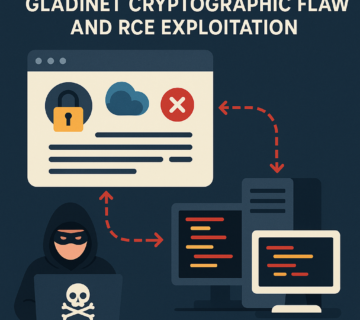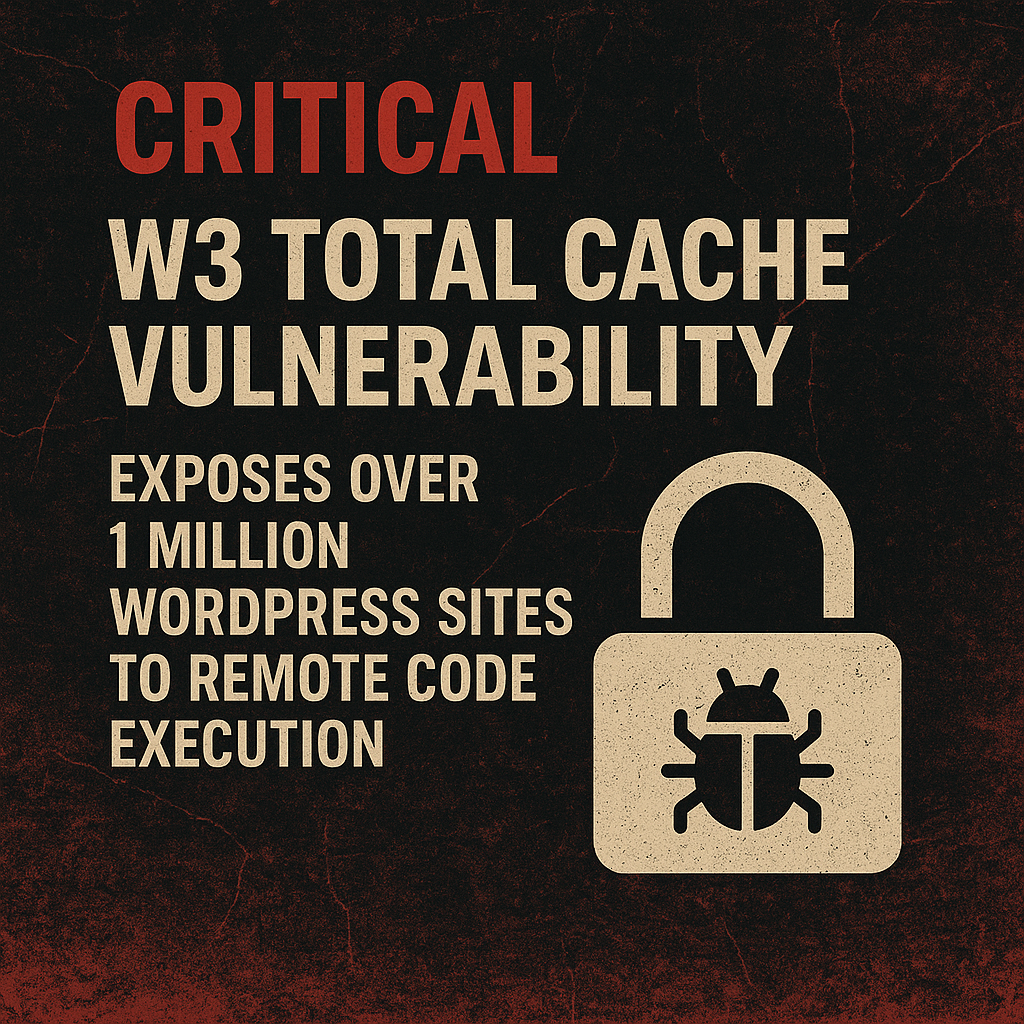
Hackers Exploit Gladinet CentreStack Cryptographic Flaw in RCE Attacks: What IT Leaders Need to Know
An urgent security bulletin regarding a critical cryptographic flaw in Gladinet CentreStack and Triofox file-sharing platforms, explaining how the vulnerability allows hackers to achieve remote code execution (RCE) using hardcoded encryption keys. The source details the technical mechanics of the flaw, noting that universal static keys and initialization vectors enable attackers to forge access tickets to steal credentials and gain unrestricted file access. Furthermore, the text outlines immediate remediation steps, including applying the critical patch and rotating machine keys, and stresses the importance of forensic investigation to detect pre-patch exploitation. Finally, the document uses this incident to advocate for improved vendor security evaluation and proper cryptographic best practices, with a section where the IT firm Technijian offers its managed services for remediation and long-term defense to Southern California businesses. ... Read More



